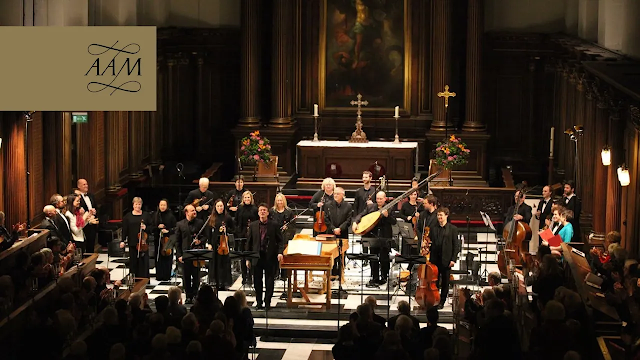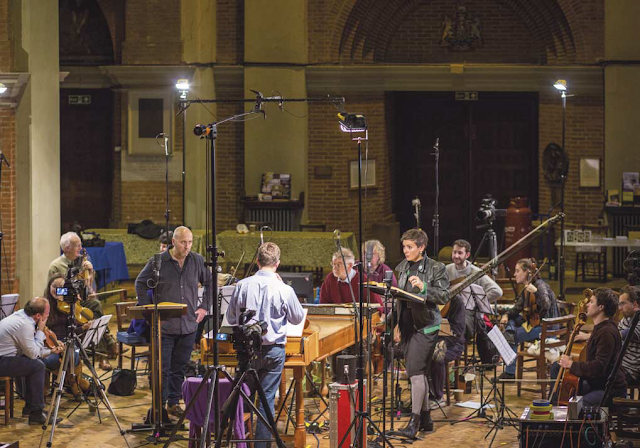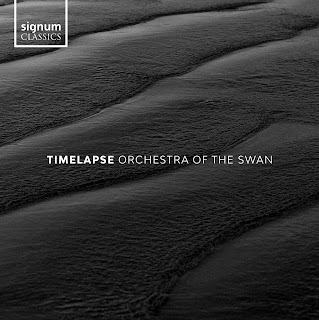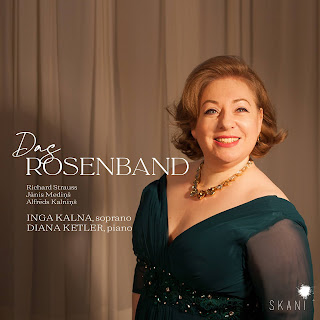 |
| Farrington & Travis: Al Haytham's Light - Neil Balfour - English Touring Opera |
Each season, in addition to its main stage operas, English Touring Opera presents opera aimed at children and family audiences. These are intended to be entertaining and informative, linked to the curriculum yet with participatory elements. This year is somewhat different, and instead of a touring production ETO is presenting an on-line opera for children, Al Haytham's Light written by Bradley Travis with music by Iain Farrington. Set in the Islamic golden age, it is based around Ibn al-Haytham, mathematicin, astronomer and physicist, known as the father of modern optics.
Now, whilst I was vaguely aware of the scientific advances made by the Islamic golden age, the name Ibn al-Haytham and his work on optics was entirely new to me, and its seems rather wonderful to be introducing him to children via an opera, melding opera with science, cross-cultural traditions and much more. And bear in mind that Ibn al-Haytham was born in Basra, an area which has often been in the news recently for rather different reasons.
Along with the opera, there is a free teachers' pack which breaks the piece down into seven lessons (the opera into six parts, then watching the whole piece in the final lesson), with lesson plans and teaching materials, activities for the children and music lessons based around the three participatory songs. There are videos for these three songs, with Bradley Travis entertainingly teaching the words and music.
Travis and Farrington's piece is catchy, but is full of startling concepts which bring in the remarkable scientific discoveries made in the Islamic Golden Age. This means that the lessons move from introducing the Ibn al-Haytham and the area (he was born Basra), through discussing Euclid and Pythagoras and whether the Earth was round, Ibn al-Haytham's work in Egypt, to the scientist's experiments with light including a lively participatory song about his camera obsura, to a lesson on positive mental health.
The compilers have managed to pack a remarkable amount information into a 35 minute opera, which happens to be fun to listen to as well. Khayaal Theatre Company, who are cultural consultants on the project, provide notes in the teacher's pack covering such topics as the meaning of Al-Haytham's name, his spiritual links to Islam, and shadow puppets.
For the final lesson, the class watches the whole opera and is introduced to the evaluating and reviewing the opera, so even reviewers get in on it!
I was able to preview the teachers' pack, but there is also one for those who are home-schooling so no-one should miss out.
The video was created by Iain Farrington (composer), Bradley Travis (writer/ director), Sunny Moon-Little (designer), Matthew Ferguson (cinematographer), Jan Capinski (audio engineer), Kinga Czynciel (1st Assistant Director/ Stage Manager) and Adam Mottley (Lighting Designer) with Neil Balfour (an Emerging Artist at the National Opera Studio) as Ibn al-Haytham and Ellie Edmonds (whom we have caught a couple of times at Opera Holland Park, most recently in Manon Lescaut) as a woman, plus Amy Green (saxophone), Jonny Raper (percussion), Iain Farrington (piano), and the voices of children from North London Collegiate School.
 |
| Farrington & Travis: Al Haytham's Light - Ellie Edmonds - English Touring Opera |
Also running this term are a workshop series with Theatre Peckham fusing rap and G&S, collaborating with the rapper OSOM and the opera singer Themba Mvula. Participants will learn about Rap, and the operatic form of Gilbert & Sullivan with opportunities for sound scaping, writing and performing their own lyrics – whether that will be as a rap or in song.
Full information about Al Haytham's Light from ETO's website, and about Rap X Gilbert and Sullivan also from ETO's website.

































%20Ali%20Wright.jpg)

%20Ali%20Wright.jpg)





